
Book
Trade Is Not a Four-Letter Word
How Six Everyday Products Make the Case for Trade
Avid Reader Press,
2020
mais...
From TRADE IS NOT A FOUR-LETTER WORD: How Six Everyday Products Make the Case for Trade by Fred P. Hochberg. Copyright © 2020 by Fred P. Hochberg. Reprinted by permission of Avid Reader Press, an Imprint of Simon & Schuster, Inc.
ISBN: 9781982127367
Pages: 336
ISBN: 9781982127367
Pages: 336
We currently cannot offer you an audio version of this summary.
Recommendation
In this engaging study, a true believer in trade sings the praises of the flow of international goods. Fred P. Hochberg, former head of the US Export-Import Bank, uses avocados, iPhones and Hondas to explain just how much supply chains have changed in recent decades. Hondas, he reports, are the most American cars on US roads, even more so than such icons as the Chevy Corvette and Ford F-150. Though he acknowledges the economic pain of those on the wrong end of globalization, Hochberg nonetheless makes a compelling case that trade deficits don’t really matter at all.
Summary
About the Author
Fred P. Hochberg was chairman and president of the Export-Import Bank of the United States from 2009 to 2017.
Learners who read this summary also read
Article
Book







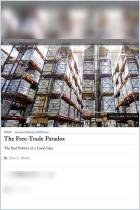
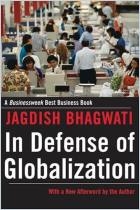
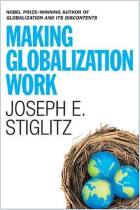
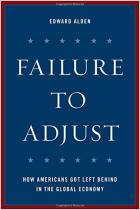
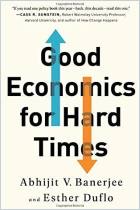

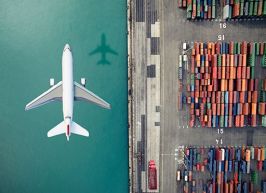
Comment on this summary or Iniciar a Discussão